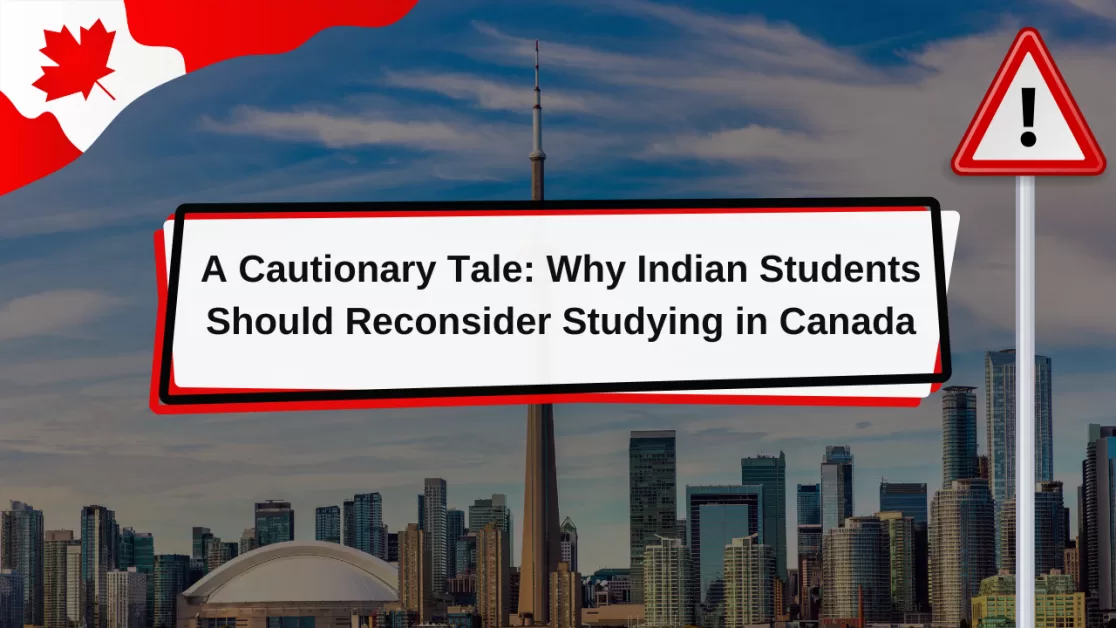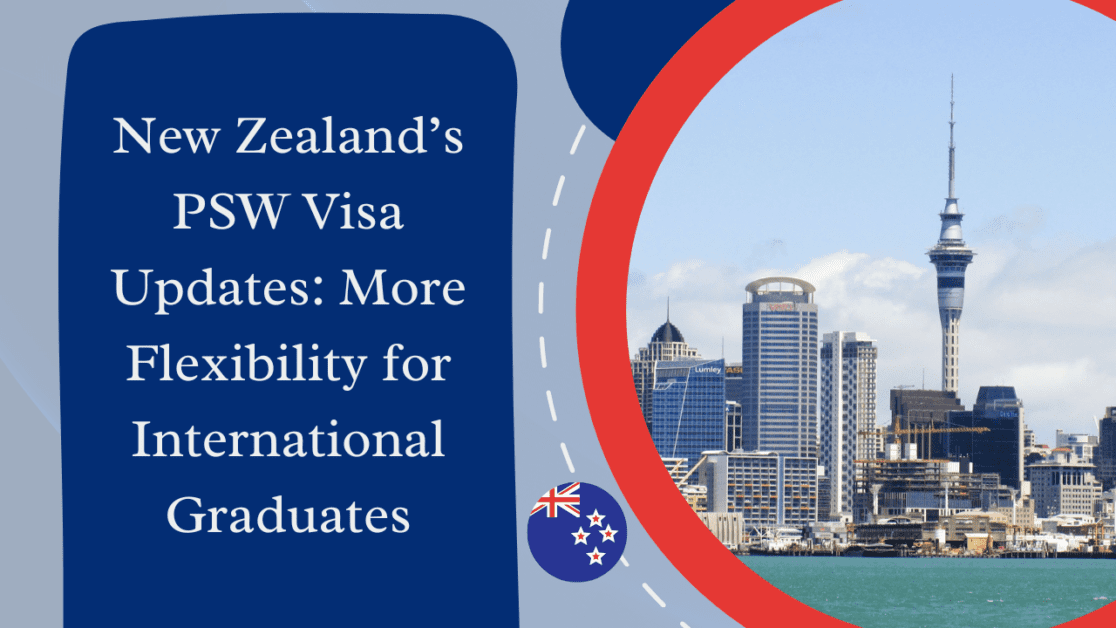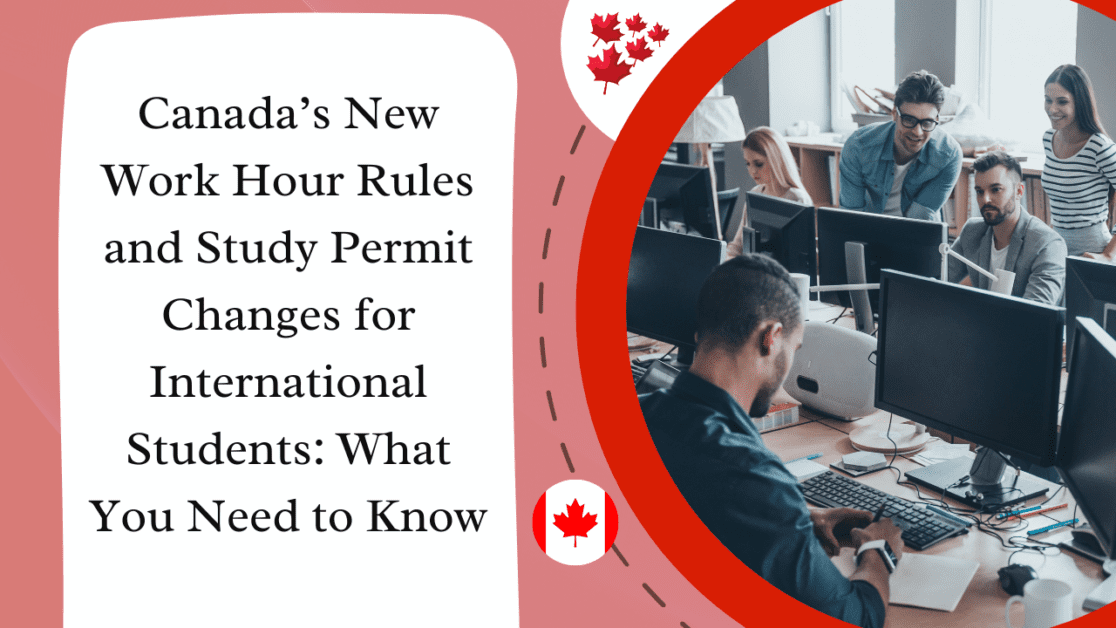
Studying abroad is a dream for many Indian students and their families, with Canada being one of the most popular destinations due to its world-class universities, multicultural environment, and opportunities for work and residency. However, recent revelations from former Indian envoy to Canada, Sanjay Verma, indicate that this journey might not be as smooth as it seems. In a candid interview, Verma shed light on the darker side of the experience many students face, especially those enrolled in lesser-known institutions. This blog explores these concerns, their root causes, and how students and families can make informed decisions before choosing to study in Canada.
The Alarming Rise in Student Suicides
Sanjay Verma, India’s former high commissioner to Canada, warned that a troubling number of Indian students are returning home in body bags, with suicide being a common cause. The stress associated with high fees, unmet expectations, and bleak job prospects have led some students to take this tragic step. According to Verma, at least two Indian student bodies were sent home weekly during his tenure, largely due to depression, hopelessness, and a sense of failure in a foreign land.
Challenges in Substandard Colleges
While Canada boasts prestigious universities like the University of Toronto, McGill University, and the University of British Columbia, many students end up in lesser-known colleges that promise quality education but deliver far less. Some of these institutions reportedly conduct classes only once a week, providing limited academic support and minimal skill development, leaving students underprepared for the job market.
The Financial Burden on Indian Families
Studying in Canada is a major financial commitment, with international students often paying four times the tuition fees of domestic students. Many Indian families take on huge loans or sell valuable assets to afford this education, only to find their children struggling to make ends meet abroad. The burden of high fees and limited job prospects after graduation has led students to work multiple jobs just to cover basic living expenses, adding to their stress and mental health struggles.
Exploitation by Unscrupulous Agents
Verma highlighted the role of fraudulent agents who exploit students’ aspirations by misleading them about the quality of education and job prospects at certain institutions. These agents often enroll students in colleges with subpar reputations and infrastructure, with little regard for the future implications on the students’ lives. Misled by these agents, students find themselves stuck in a situation with no clear way out, often feeling unable to return home due to the financial investment their families have made.
Limited Job Opportunities and High Expectations
Many Indian students aim for careers in engineering, IT, or business, assuming that their Canadian degrees will lead to high-paying jobs. However, according to Verma, graduates from these smaller institutions often end up in low-paying service jobs, including driving cabs or working in restaurants. This mismatch between expectation and reality can take a severe toll on their mental well-being, especially for those who feel they have let down their families back home.
What Prospective Students and Parents Should Consider
Before making the decision to study in Canada, students and parents should:
Research Institutions Thoroughly: Not all colleges in Canada offer the same level of education and job placement support. Look beyond flashy marketing and ensure the institution has a good track record in terms of alumni success and job placement.
Consult Verified Agents: Avoid agents who make unrealistic promises. Work only with reputed educational consultants who prioritize students’ welfare and can guide them to quality institutions.
Prepare for the Realities of Student Life Abroad: Students need to understand that living costs, competition, and academic pressures can be high. Having realistic expectations and a clear financial plan can help mitigate some of these pressures.
Seek Mental Health Support: The pressures of studying abroad can be intense, and it is essential for students to prioritize their mental health. Many universities in Canada offer counseling services, and students should not hesitate to use these resources.
Conclusion
Canada remains a land of opportunity for many, but prospective students must tread carefully. As Verma emphasizes, the decision to study abroad should be based on thorough research and realistic expectations. By taking a cautious and well-informed approach, Indian students and their families can avoid the pitfalls that have ensnared so many, ensuring that their dreams of a brighter future do not end in heartbreak.
Ready to explore? Start your visa application today and get one step closer to your adventure!
Don’t let uncertainties hold you back. Our team of expert overseas education consultants is readily available to assist you. Whether you have inquiries about:
- Specific document requirements
- Interview preparation tips
- Visa application timelines
We’re ready to provide personalized guidance tailored to your unique situation. Get in Touch Today at: +919041818122 and begin your journey with Vrinda International.
The information provided in this blog is for general guidance purposes only. Visa policies, application procedures, and fees are subject to change without prior notice. For the most accurate and up-to-date details, we recommend contacting us directly or consulting official sources. Feel free to reach out to us for personalized assistance with your visa application or travel needs.



